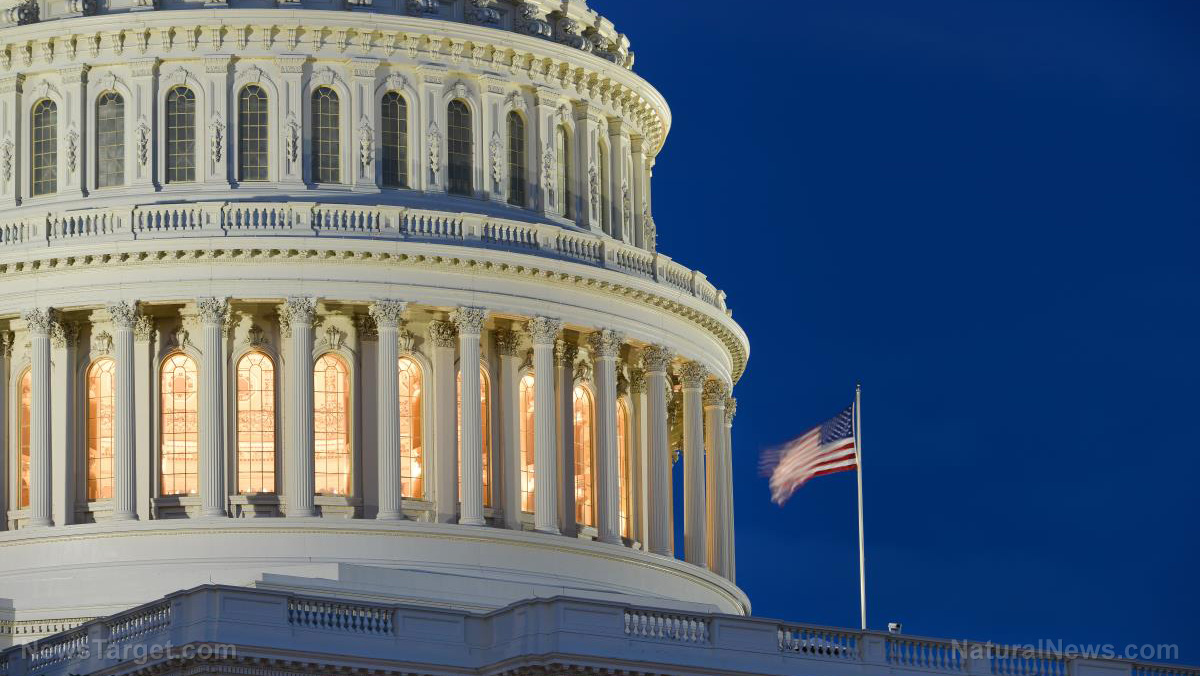Two Truths of Trump’s Second Term
Chaos versus strategy is a misleading binary for understanding this presidency.

This is an edition of The Atlantic Daily, a newsletter that guides you through the biggest stories of the day, helps you discover new ideas, and recommends the best in culture. Sign up for it here.
Over the first two weeks of the second Donald Trump presidency, the narrative has swung back and forth abruptly. A flurry of executive orders to start the term: proof of a newly disciplined, regimented administration. The quick retreat from a federal funding freeze: evidence of the same chaos that dogged Trump’s first stint as president. Elon Musk’s blitzkrieg against USAID: Who can even be sure?
The first Trump administration conditioned many people to discount the seriousness of any effort. No matter what Trump promised, he was too mercurial a president and ineffective a manager to make it happen. He really did want to repeal Obamacare and build a border wall, but he just didn’t have the attention span to execute, and his staff was too consumed with internecine feuds to be useful. The result was perpetual disorder and underachievement.
More recently, Trumpworld has cultivated an impression of greater control. Trump’s 2024 campaign co-manager Susie Wiles was credited with keeping him on track during the lead-up to the election (with some notable exceptions), and she’s now White House chief of staff. Project 2025, an outside effort led by past, current, and likely future White House staffers, also demonstrates careful thought about how to better execute during a second term. When Trump signed a series of executive orders along many fronts on January 20 and 21, it seemed to prove that something had changed, although sharp rebukes from federal judges and sloppy drafting errors have raised doubts since then.
But chaos versus strategy is a misleading and unhelpful binary for understanding this presidency. Chaos certainly helps Trump, because it makes coordinated resistance from Congress, outside advocates, or the public challenging. Many White House actions appear to be usurping legislative authority, but the speed of the moves has left members of Congress in both parties looking stunned and indecisive. His goal, however, is not simply to create confusion. Trump likes keeping his aides siloed—it allows him to play them off one another, and prevents any one faction from getting too strong. (His appreciation for checks and balances does not appear to extend to Congress and the courts.) Internal feuding isn’t a downside for Trump: It’s his way of settling disputes.
Moreover, the chaos does not evince a lack of strategy. As I wrote last week, the grant freeze by the Office of Management and Budget wasn’t some ad hoc move, but instead part of a long-running plan by conservative ideologues to challenge the law that prevents the president from withholding money that’s appropriated. That’s also why the White House’s retreat from the freeze is almost certainly only temporary.
Elon Musk’s moves, through the so-called Department of Government Efficiency, appear to be more improvisational. Unlike the OMB wonks, Musk has little knowledge of how the federal government works and little interest in the risk of his actions; his team reportedly includes inexperienced aides as young as 19. Nonetheless, the transformation of Twitter into X serves as a good model for how this might play out. After Musk’s aggressive takeover, refugees from the company made dire warnings about it collapsing entirely. More than two years later, the site is overrun with racist trolls, but it is still functional and has become a powerful political weapon for Musk.
If Musk is left to his own devices, we might expect something similar from DOGE. He’s already gotten nearly 1 percent of the federal workforce to resign, almost single-handledly brought USAID to the verge of death, and reportedly acquired access to reams of government data. As my colleague Charlie Warzel wrote yesterday, “It is nothing short of an administrative coup.” A Muskified federal government might not serve the public very well, but it could become an effective political tool for Musk and his allies.
And that might not be the only administrative coup in action. New staffers are joining the administration every day, and many of them have ties to Project 2025, the scheme to overhaul the federal government. Russell Vought, the intellectual leading light of Project 2025, passed a procedural vote yesterday and could be confirmed to lead OMB this week. Adam Candeub, another Project 2025 contributor, was just named general counsel of the Federal Communications Commission. This group is far more methodical than Musk, preferring a careful and quiet plan to his blunt, noisy tack.
What unites Musk and the ideologues is a commitment to do whatever they can, and see what they can get away with it. If that looks like chaos, so be it. They know what it is they’re trying to do.
Related:
Here are four new stories from The Atlantic:
- The “rapid unscheduled disassembly” of the United States government
- The constitutional crisis is here.
- Elon Musk is president, Jonathan Lemire writes.
- The last days of American orange juice
Today’s News
- China announced retaliatory tariffs on U.S. gas, coal, and other products, which will go into effect next Monday. Chinese regulators also began an anti-monopoly investigation into Google.
- Robert F. Kennedy Jr. and Tulsi Gabbard passed key committee votes to advance their Cabinet nominations to the Senate floor.
- Several FBI employees sued the Justice Department over its order for the bureau to turn over a list of names of employees who worked on investigations related to the January 6 insurrection.
Evening Read

What’s Up With All the Sex Parties?
By Xochitl Gonzalez
In the course of my research, I did not—I would like to be clear here—participate in any sex parties. I think it’s wise not to get that close to your sources. I learned that “play parties” can take place in people’s homes, but many happen under the auspices of private clubs. I reached out to a number of prominent ones, wondering if the sex-club boom was real, and what actually goes on at them. One of my major findings: People, especially rich people, come up with extremely elaborate justifications for getting laid.
More From The Atlantic
- Democracy in Eastern Europe faces another crisis.
- DeepSeek and the truth about Chinese tech
- American history is key to understanding Trump.
- “Dear James”: My friend’s Instagram account has taken a dark turn.
Culture Break
Debate. When people say they “don’t like” kids, they’re expressing way more than a preference, Stephanie H. Murray writes.
Read. The novelist Ali Smith scrambles plotlines, upends characters, and flouts chronology—while telling propulsively readable stories, Adam Begley writes.
P.S.
I forgot one other thing I share with Tom: a love of cats. This is my irascible assistant and ombudscat, Mackerel (a.k.a. Mack, Mackintosh, Mackinac … or whatever my children come up with at any given moment). He’s almost a year old, and when he’s not hiding in a laundry hamper, harassing his big sister Nellie, or stealing food off the counter, he’s usually getting in my face or walking across my keyboard—so please direct any typo complaints his way.
— David
Stephanie Bai contributed to this newsletter.
Explore all of our newsletters here.
When you buy a book using a link in this newsletter, we receive a commission. Thank you for supporting The Atlantic.



































































